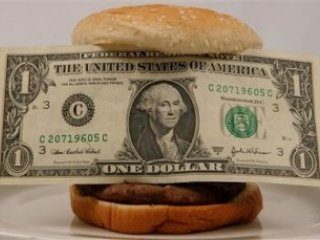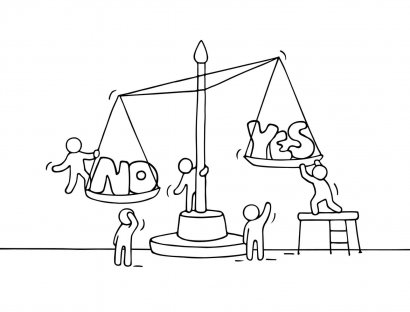 A government, local or national, practices clientelism when a distribution of favors is carried out in exchange for something, usually the vote. The general mechanism by which patronage is governed is the following: a politician promises money or some type of benefit and in return receives electoral support at the polls.
A government, local or national, practices clientelism when a distribution of favors is carried out in exchange for something, usually the vote. The general mechanism by which patronage is governed is the following: a politician promises money or some type of benefit and in return receives electoral support at the polls.
As is logical, it is a form of political corruption, since in a democratic system the vote of each citizen is based on free choice.
An exchange of interests that weakens democracy
In the clientelistic relationship between a candidate and his voters, there is a shared responsibility, as both pervert the right to vote. The candidate is corrupt because he buys the will of the voter and the citizen who accepts this transaction is also corrupt because his vote depends on what he receives in return (an amount of money, a job or any other benefit).
Different forms of clientelism
This irregular practice has different modalities. Some of them are the following:
1) When a political party offers its potential voters some type of "gift", for example a free meal, a festive celebration or any other incentive that serves to manipulate the intentions of citizens (this modality usually occurs during electoral campaigns ).
2) When a political group acts through some threatening mechanism (either you vote for me or I do not renew your contract, scholarship or grant).
3) When a system is organized in which the citizens' vote is bought directly.
4) When state representatives use public resources for propaganda purposes or to favor a sector of the population.
5) When the media submit to the interests of a government in exchange for something (the advertising campaigns of public bodies in the media is one of the formulas for journalists to intervene in political patronage).

Political patronage employs marketing strategies
In a private economic activity, those responsible for the business try to make their customers satisfied and for this they propose discounts, promotions, gifts or incentives.
Something very similar happens in the political reality of some countries, since the rulers or candidates for rulers offer attractive things to their "clients." The problem is that their offers are perverse and end up corrupting the democratic system.
Photos: Fotolia - sudowoodo / toniton









